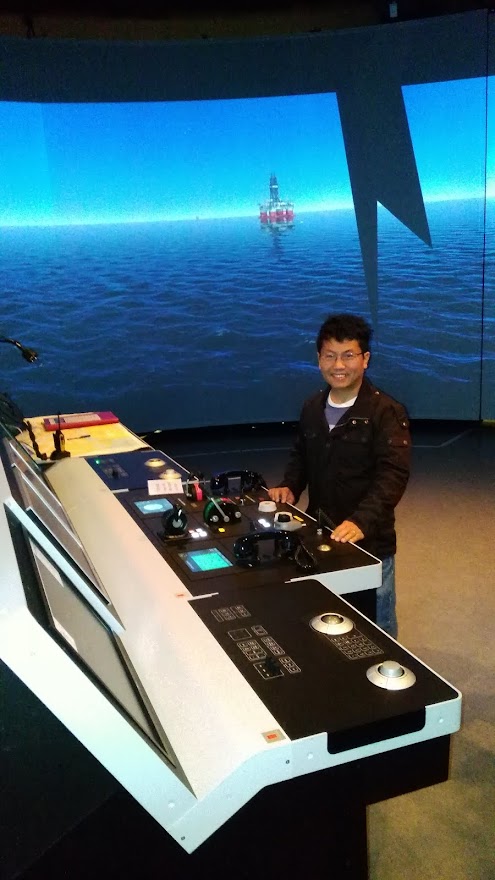Students and Politics
Dated: 01~10~2005
By Robert Sanga Hualngo
Literally student means a person who is studying at school, university or another places of higher education. There are several reasons why student wants to study. Some students study in order to achieve something great in life, to know the art of living, to become well educated and live a respectable life in society. Studying politics means studying the real world and developing the skills to make sense of that world.
The study of politics includes basic information about governments, public opinion, law, historical and current issues and explores broad issues of power, conflict, peace, citizenship, representation and justice. Students of politics explore many different dimensions of political life, ranging from small groups to citizens organizations, cities, countries and the international system. Graduate students of political science are recognized as flexible people who can fit into a variety of position in modern life.
Student's participation in politics play very important role as college student's agenda for the nation is strongly progressive. Students provide the energy and idealism that drive social and political changed. The first strike made by students in 1920 against the British colonialism policies marked the entry of students into national politics in Burma. Many college students of Burma have joined politics, risking life and limb for the civil rights cause and freedom. It was the beginning of youth movement that ultimately changed the face of Burma and gained independence from British administration on 4th January, 1948. Indeed, the civil rights and nationalist movement led by former students leader like General Aung San is a source of inspiration.
From 1948 to until 1962, Burma was governed by a parliamentary democracy based on the September 1947 constitution. Although the political structure was a unitary system, the country was divided into seven states and seven divisions. In March 1962, military coup took place in which General Ne Win took power. He then instituted a one-party rule under military control. Burmese military rule can be classified into two phases: from 1962 to 1974 was the first phase of absolute military rules; and from 1974 to 1988 was the second phase of constitutional dictatorship. Since the military took power political conflicts, underground communist movements, student demonstrations and ethnic insurgencies remained unresolved. This is because the Burma Army has absorbed a large proportion of the country budget and resources.
In August 1988, there was nation-wide demonstration for freedom and democracy in which many students have participated. Students leader Min Ko Naing have made the right kind of appeal to the government and call the young students to get involved in politics. He could once again awaken a powerful response on the nation's campuses. However, the army used harsh measures to crush demonstrations by killing and arresting many students, politicians and common people. On 27 May, 1990 general elections were held in which the main party National League for Democracy (NLD) led by Aung San Suu Kyi won 81 per cent of the seats. In the elections, college students care about the issues of the day and exercise their right to vote. A few believe that working on political campaign can help society better. However, there was a complete failure to honor the election results and to transfer power to a dully elected civilian government.
Students concern about and willingness to help the vulnerable and disadvantages demonstrate that they can be engaged in politics. As Burma a fertile country rich in natural resources was designated "Least Developed Country" by the United Nations in 1987, students are concerned more with the impact they will have and less with the ideal they will serve in politics.
If candidates, political parties and social-changed organization hope to involve young people, they should keep in mind the following important points:
1) Young people want to make a difference, not just a statement.
2) Students are looking for honest leaders who understand young people's concerns.
3) Provide avenues for individual empowerment and celebrate the power of voting.
4) Build a bridge between direct service and politics and public services.
5) Support and encourage young women.
6) To reach this generation, use mass communication i.e, Television, Radio, Newspaper, Magazines and Journals.
7) Parents must lay the ground work for students and discuss politics openly at home.
---------------End------------------------
References:
Peter D. Hart, Research Associates, Panetta Institute (2001). Making a Difference, Not a Statement: College Students and Politics, Volunteering, and an Agenda for America.
Lecture notes from Political Theory, Dyal Singh College, University of Delhi, class of 2003/2004
